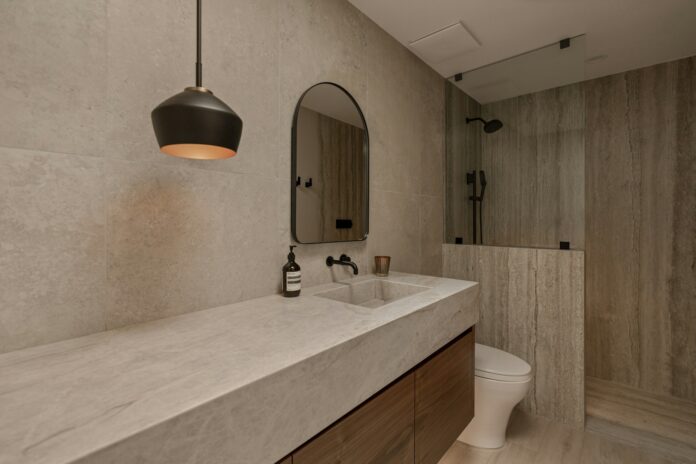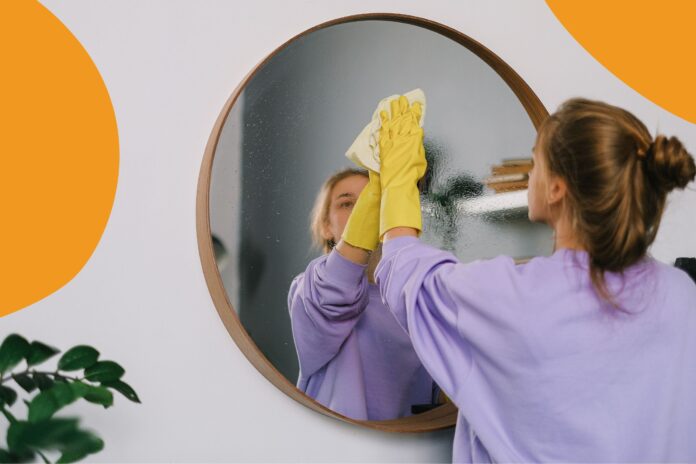As homeowners, we face a multitude of challenges, but perhaps one of the most frustrating is dealing with a blocked drain. The signs are unmistakable: your sink empties slower than it should, or worse, the water doesn’t budge at all. You notice unpleasant odours wafting from your pipes and into your kitchen or bathroom, and suddenly, a simple task like washing the dishes becomes an ordeal.
Don’t despair! We’re here to give you a less convenient walk-through than a YouTube video or how to unblock drains cleanly and effectively. Rubber gloves and nose clip at the ready, let’s dive in…
Identify The Problem
The first step to resolving a blockage is identifying where the problem resides. A slowly draining sink might indicate a minor blockage, while complete stagnation may suggest a more serious blockage further down the line. If multiple drains or toilets in your house are blocked, this might point towards a main sewer blockage, in which case, you’ll need to call a professional.
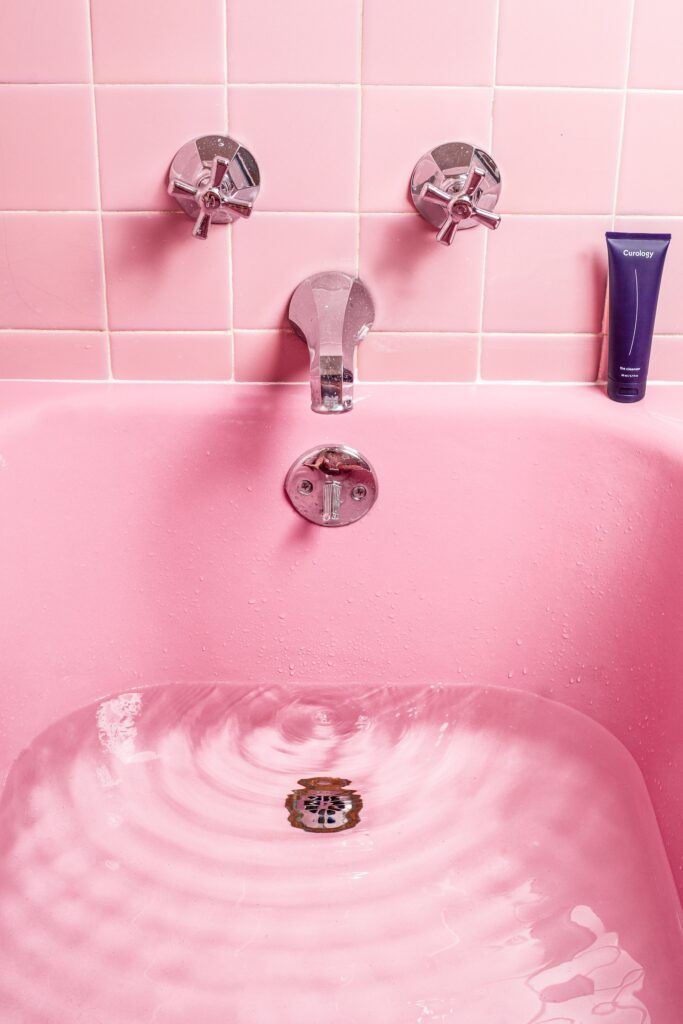
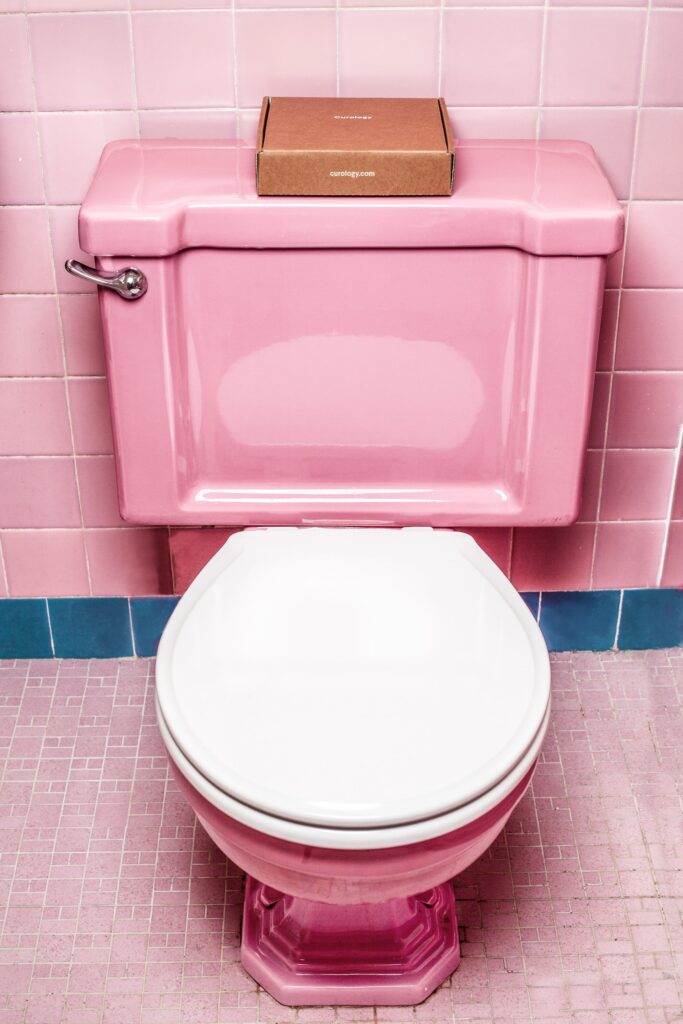
DIY Solutions
If the blockage is minor, you may be able to resolve it yourself using simple tools and DIY drain cleaning techniques.
Plunger: This is an essential tool in any British household. Place the plunger over the drain and pump vigorously. Ensure that you form a tight seal as you plunge to generate the right amount of pressure. A few cycles of this action should suffice for minor blockages.
Baking Soda and Vinegar: This is a traditional and environmentally friendly method. Pour a half cup of baking soda into the drain, followed by a half cup of white vinegar. The ensuing chemical reaction should break down the fats and grime causing the blockage. Leave the mixture to work its magic for at least an hour before flushing with hot water.
Drain Snake: If the blockage is stubborn, reach for a plumber’s snake or hand auger. This long, flexible metal rod is pushed down the drain to dislodge the blockage.
Professional Help
There are instances where DIY methods are inadequate, especially if the blockage is deep within the drainage system. If you’ve tried the above methods without success or notice recurring blockages, it’s time to call a professional plumber. They possess the tools and knowledge to tackle more severe blockages, including tree root intrusion or a build-up of hardened grease.
Using harsh chemicals can cause harm to pipes, leading to leaks and potentially causing harm to you or the environment. On top of that, trying to unclog a drain with improper tools may lead to further damage to the pipes or even physical injury.
In more serious cases, then, consulting professional drain cleaning services is a smart move, as they can prevent clogs from forming and keep your drains running smoothly. They can also help identify potential problems early on before they become more severe and expensive to fix.
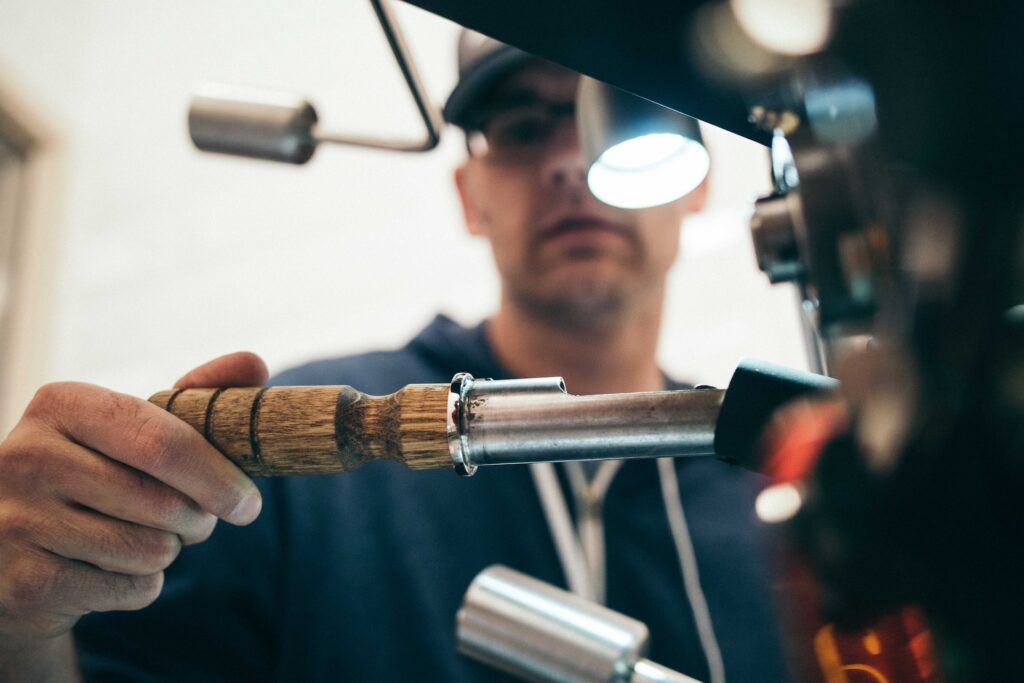
Preventive Measures
Of course, “Prevention is better than cure”, as the old saying goes, and the old adage has never been truer than when considering blocked drains (bit of a stretch, maybe!).#
How then, can we ensure that our drains keep flowing freely and avoid blockages in the first place?
Mind What Goes Down The Drain
One of the primary culprits of blocked drains is inappropriate disposal of waste. It’s crucial to realise that not everything can be flushed down the drain.
For the kitchen, avoid disposing of cooking fats, oils, or grease through the sink. When these substances cool, they solidify, causing build-ups that eventually result in blockages. Dispose of them in the bin instead. Likewise, it’s wise to scrape your plates into the rubbish bin before rinsing them in the sink to prevent food particles from accumulating in the pipes.
Install Drain Guards
Another simple yet effective method to prevent blocked drains is the installation of drain guards. These devices, which fit over the drain, are exceptionally effective at catching hair, soap scum, and other debris that could lead to clogs, particularly in the bathroom. They are easy to clean and save you from more strenuous drain-cleaning tasks in the future.
Regular Drain Maintenance
Routine drain maintenance is a proactive measure that can avert major blockages down the line. Regularly flushing your drains with hot water can help dissolve minor clogs and prevent gunk build-up. Also, using that mixture of baking soda and vinegar that we mentioned earlier, monthly, can help maintain the cleanliness of your pipes without damaging them. This natural solution works wonders at reducing the chances of blockages.
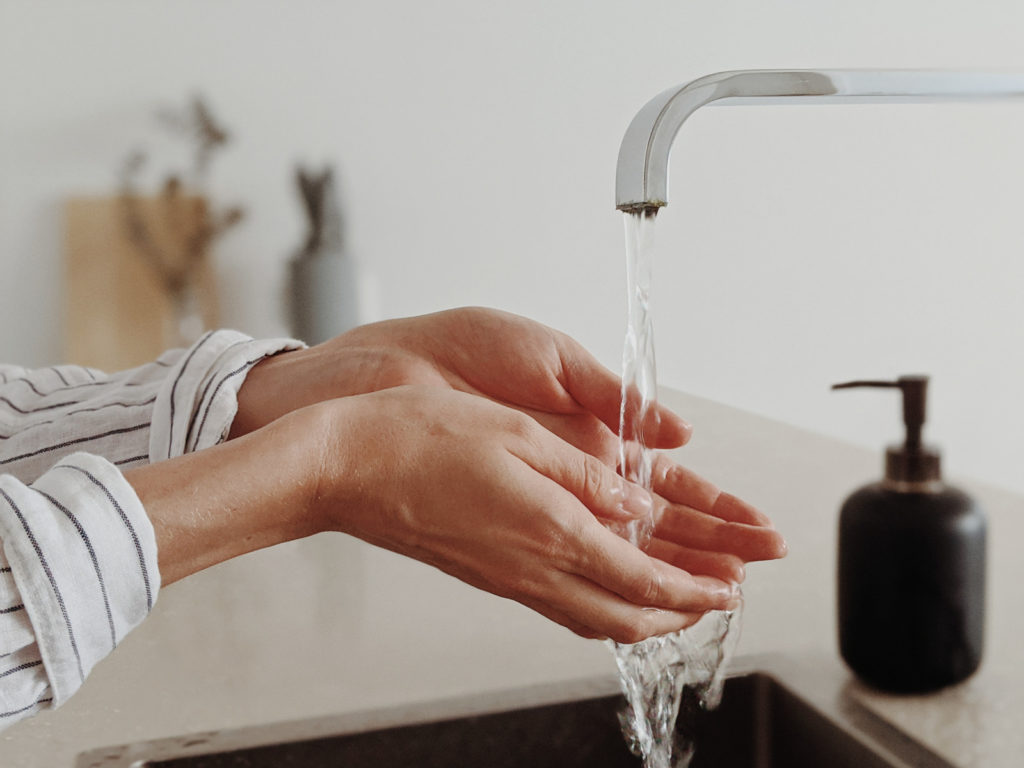
Limit The Use Of Chemical Drain Cleaners
While it might be tempting to use chemical drain cleaners to maintain clear drains, be mindful that these substances can be harmful to your pipes if used excessively. They can corrode the pipes over time, leading to leaks and other serious problems.
Regular Plumbing Check-ups
Engaging a professional plumber for a regular check-up of your home’s plumbing system can also help pre-empt potential blockages and the need for blocked drain repairs. They can spot red flags and offer professional advice to rectify small issues before they escalate into major problems.
The Bottom Line
Dealing with a blocked drain doesn’t have to be a nightmare. With a bit of DIY savvy and a solid understanding of when to call in the experts, you can keep your drains clear and your home’s plumbing system running smoothly. The key is to act promptly at the first sign of trouble and engage in preventive practices to avoid any future blockages.



